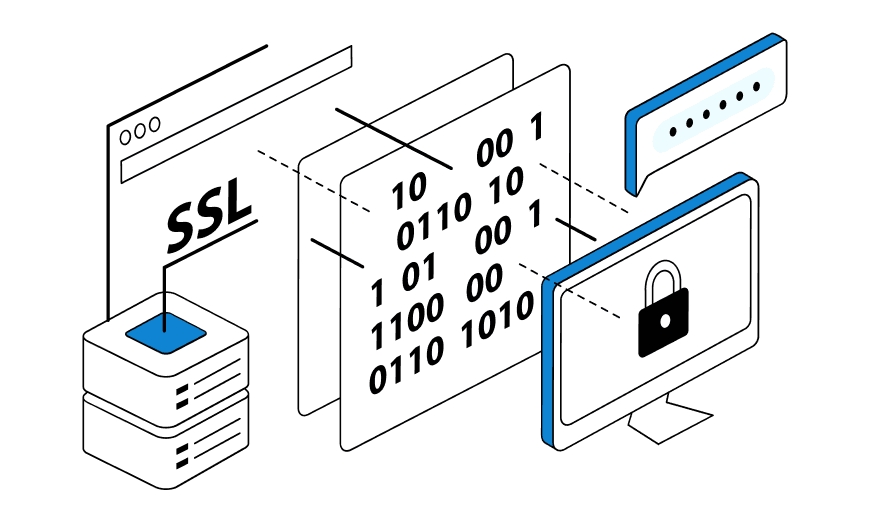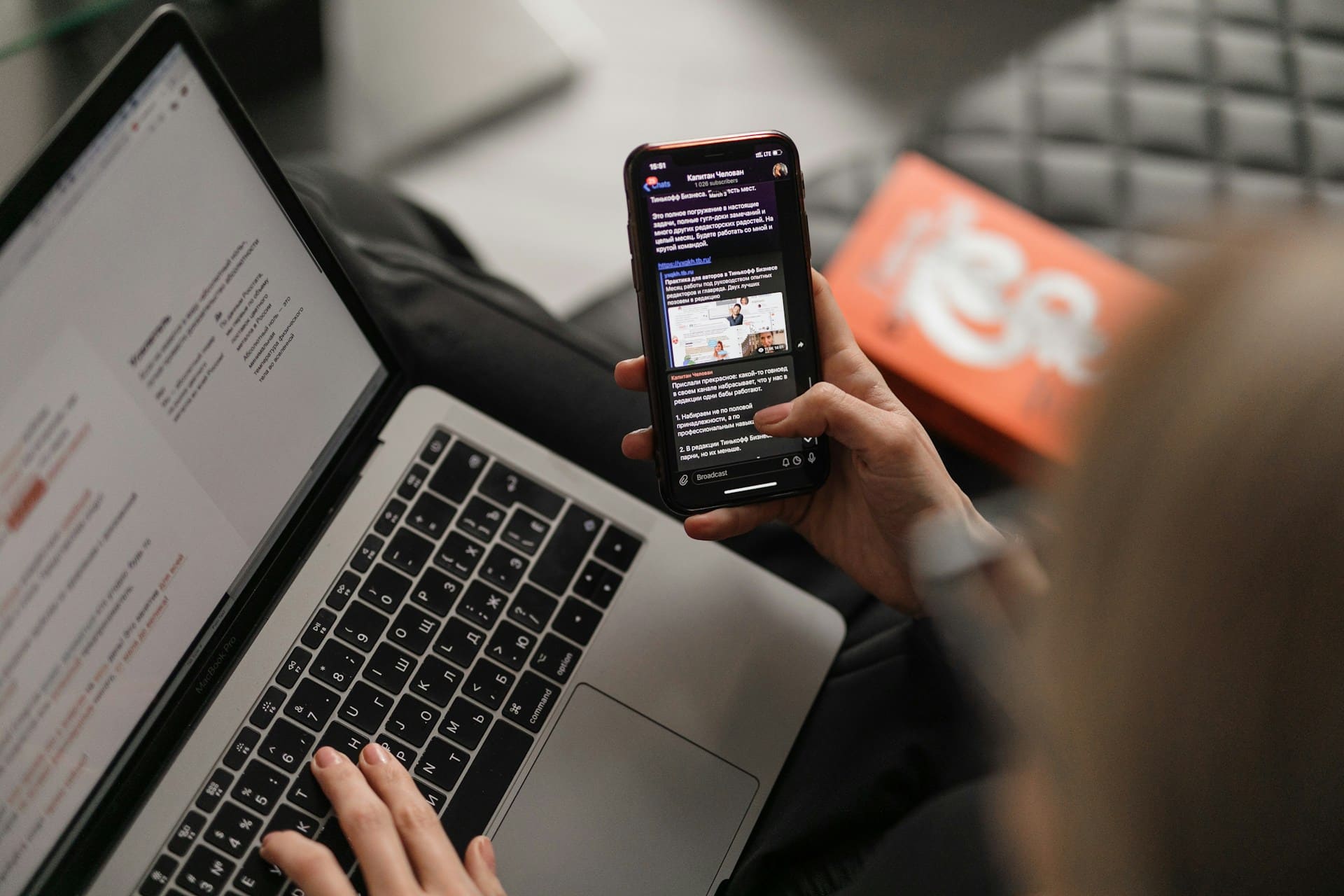
Betting on sports is not just a hobby, but for many – a well-thought-out business with strategies, analytics and multiple accounts. But modern betting is impossible without protection from blocking, especially if you work with several betting platforms or use automation. That’s why the question arises more and more often: how to choose a proxy for betting to stay in the game without interruptions and sanctions.
In this article we will understand why bettors need proxies, what types there are, what are the differences between them and when it is worth buying a proxy for online transactions to secure not only accounts, but also finances.
Why use proxies in betting
Betting platforms actively monitor IP addresses, geolocation, user behavior and technical parameters of devices. If you work from different regions, run several accounts, automate actions or even just log in from an unstable connection, there is a great chance to get blocked, restricted on bets or even have your account frozen.
Proxy helps to solve several problems at once:
- Bypassing regional restrictions. You get access to sites that are closed in your country or region.
- Multi-accounting protection. Different IPs allow you to run several accounts without the risk of overlapping.
- Stable work with bots. With automated betting it is important not to “reveal” your real IP.
- Security and anonymity. Especially when working with online wallets and international payments.
That’s why the TOP proxies for betting are most often mobile or resident solutions with a high level of anonymity, HTTPS support and stable operation for long sessions.
Main types of proxies for sports betting
When choosing proxies for betting, it is important to understand their differences. Not every type is suitable for gambling:
Mobile proxies. The most reliable. They use IPs issued by mobile operators, thanks to which they look as natural as possible for bookmakers’ anti-fraud systems. Ideal for multi-accounting and work with sensitive platforms.
Resident proxies. An intermediate variant between mobile and data center proxies. They use IPs of ordinary users and are excellent for manual betting and bypassing regional blocking.
Datacenter proxies. Cheap and fast, but often blocked. They can be used only for auxiliary tasks, such as monitoring or secondary accounts.
IPv6 proxies. At the moment they are almost not used in betting – most bookmakers do not support connections via IPv6.
If you make real bets and operate with money – it is better to buy a proxy for online transactions from a reliable provider than to risk account blocking or loss of funds.
How to choose a proxy for betting: main criteria
To choose a proxy for betting, it is important to consider not only the price, but also the technical characteristics that directly affect the security, stability and convenience of working with betting sites. Below are the main parameters that should be relied on when choosing.
Geolocation and access to the right betting platforms
Some bookmakers are available only in certain countries or regions. Proxies should exactly meet these requirements. For example, if you want to bet on a UK-only platform, use a proxy with a UK IP. LTE socks or region-specific mobile proxies are particularly good for this.
- Choose those types of proxies for sports betting that allow you to specify the exact country or even city of connection.
- Connection speed and stability
- Betting is dynamic. In live betting, a delay of 1-2 seconds can play a critical role. Therefore, it is important that the proxy server is not only anonymous, but also works stably, without interruptions and delays.
Good providers provide a test period – use it to check the connection speed, ping and reaction to actions inside the betting account.
Low probability of ban or captcha
A bad or “flagged” proxy often triggers protection: captcha appears, requests are rejected, and the account is banned. International bookmakers and platforms with a strict policy against multi-accounting are especially sensitive to this.
The proxy should be “clean” – that is, it should not be blacklisted or used by hundreds of other users. The best choice is mobile or LTE socks proxies, as they look like ordinary user connections and do not arouse suspicion.

Top proxies for betting: what to pay attention to
When you’ve already decided on the type and objectives, it’s time to choose a provider. Here’s what you should pay attention to when buying:
- Ability to choose geolocation. Especially if you work with bookmakers available only in certain countries.
- Protocol and type of connection. Optimally – SOCKS5 with HTTPS support.
- Uniqueness of IP addresses. Dedicated mobile or resident IPs are best.
- IP rotation (optional). Automatic address change is useful for some tasks.
- Reviews and reputation. Do not choose proxies from Telegram lists and dubious forums.
- Support. In case of blocking or technical error, it is important to have prompt communication with the provider.
If you are looking for reliability, flexibility and minimal risks – you should pay attention to LTE socks proxies. This is an ideal option for betting: they look “live” for betting systems, give high speed and stability, and allow you to work with multi-accounts without problems.
What not to do when using proxies in betting
Even if you have selected reliable proxies for betting, it does not guarantee 100% success. Incorrect user behavior can quickly lead to account blocking or even freezing of funds. To avoid this, stick to simple rules.
Do not:
- Use the same IP for multiple accounts on the same platform. Even if you use proxies, systems will quickly “calculate” overlaps.
- Run aggressive automation (bots, parsers) without adjusting latency and human behavior.
- Work from suspicious or “free” proxy lists – this is a direct path to bans and data leaks.
- Ignore IP rotation if you are working 24/7.
- Switch from different proxies to one account without pausing and changing fingerprints.
Remember: types of proxies for betting should be selected not only by geo and price, but also by task. What is suitable for monitoring odds may be dangerous for real bets and transactions.
Conclusion: whether you should use proxies for betting
If you bet for the sake of gambling – perhaps you don’t need proxies. But if you treat betting as a serious system with profitability, analytics and multi-threading – proxies for betting become a necessary tool.
They allow you to bypass geo-blocking, protect your accounts, work in several sessions, automate routine and keep your bets stable, especially in live mode. The main thing is to choose the right type, provider and not to violate the obvious security rules.
FAQ
1. Is it possible to use one proxy for several accounts on betting sites?
- Not recommended. Even with IP rotation and anti-detect browser, the bookmaker can track matches and block all accounts.
2. What proxies work the most stable for live betting?
- The best are mobile and LTE proxies. They provide high speed, minimum lags and maximum anonymity.
3. Why are mobile proxies considered the most reliable in betting?
- Because IPs from mobile operators are perceived by bookmakers as real users’ traffic. This allows to bypass anti-fraud systems.
4. What to do if a bookmaker has blocked your IP?
- Change your proxy, clear cookies and browser cache, change your device or use an anti-detect browser. When logging in again, use a new IP.
5. How do I check that the proxy is not revealing my real IP?
- Go to sites like 2ip.ru or whatleaks.com and check IP, DNS and WebRTC matches. All data should match only the proxy.
6. Is IPv6 proxy suitable for sports betting?
- In most cases, no. Many betting sites don’t support IPv6 yet and you simply won’t be able to connect or will get an error.









